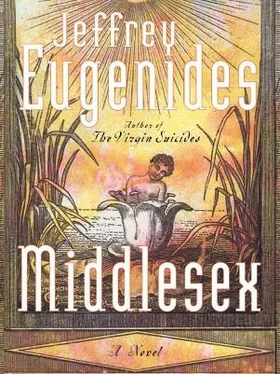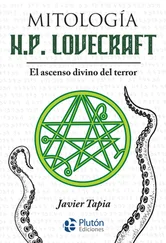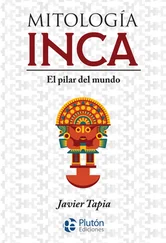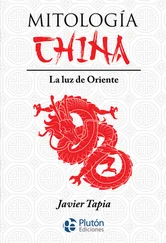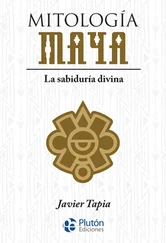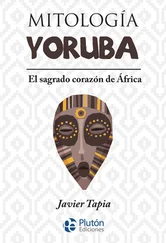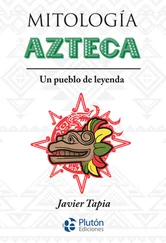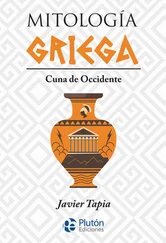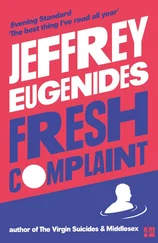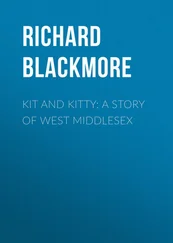“Can we take a look at that file?”
“It won’t help you to see the file. Gender identity is very complex. It’s not a matter of sheer genetics. Neither is it a matter of purely environmental factors. Genes and environment come together at a critical moment. It’s not di-factorial. It’s tri-factorial.”
“Let me get one thing straight,” Milton interrupted. “Is it, or is it not, still your medical opinion that Callie should stay the way she is?”
“From the psychological assessment I was able to make during the brief time I treated Callie, I would say yes, my opinion is that she has a female gender identity.”
Tessie’s composure broke and she sounded frantic. “Why does she say she’s a boy, then?”
“She never said that to me,” said Luce. “That’s a new piece of the puzzle.”
“I want to see that file,” demanded Milton
“I’m afraid that’s not possible. The file is for my own private research purposes. You’re free to see Callie’s blood work and the other test results.”
Milton exploded then. Shouting, swearing at Dr. Luce. “I hold you responsible. You hear me? Our daughter isn’t the kind to just run off like that. You must have done something to her. Scared her.”
“Her situation scared her, Mr. Stephanides,” said Luce. “And let me emphasize something to you.” He rapped his knuckles against his desk. “It is of tantamount importance that you find her as soon as possible. The repercussions could be severe.”
“What are you saying?”
“Depression. Dysphoria. She’s in a very delicate psychological state.”
“Tessie,” Milton looked at his wife, “you want to see the file or should we get out of here and let this bastard go screw himself.”
“I want to see the file.” She was sniffling now. “And watch your language, please. Let’s try to be cordial.”
Finally, Luce had given in and let them see it. After they had read the file, he offered to reevaluate my case at a future time, and expressed hope that I would soon be found.
“I’d never take Callie back to him in a million years,” my mother said as they left.
“I don’t know what he did to upset Callie,” said my father, “but he did something.”
They returned to Middlesex in late September. The leaves were falling from the elms, robbing the street of shelter. The weather began to turn colder, and from her bed at night Tessie listened to the wind and the rustling leaves, wondering where I was sleeping and if I was safe. The tranquilizers didn’t subdue her panic so much as displace it. Under their sedation Tessie withdrew into an inner core of herself, a kind of viewing platform from which she could observe her anxiety. The fear was a little less with her at those times. The pills made her mouth dry. They made her head feel as though it were wrapped in cotton, and turned the periphery of her vision starry. She was supposed to take only one pill at a time, but she often took two.
There was a place halfway between consciousness and unconsciousness where Tessie did her best thinking. During the day she busied herself with company—people were constantly stopping by the house with food, and she had to set out trays and clean up after them—but in the nights, approaching stupefaction, she had the courage to try to come to terms with the note I’d left behind.
It was impossible for my mother to think of me as anything but her daughter. Her thoughts went in the same circle again and again. With her eyes half-open, Tessie gazed out across the dark bedroom glinting and sparking in the corners, and saw before her all the items I had ever worn or possessed. They all seemed to be heaped at the foot of her bed—the beribboned socks, the dolls, the hair clips, the full set of Madeline books, the party dresses, the red Mary Janes, the jumpers, the Easy-Bake Oven, the hula hoop. These objects were the trail that led back to me. How could such a trail lead to a boy?
And yet now, apparently, it did. Tessie went back over the events of the last year and a half, looking for signs she might have missed. It wasn’t so different from what any mother would do, confronted with a shocking revelation about her teenage daughter. If I had died of a drug overdose or joined a cult, my mother’s thinking would have taken essentially the same form. The reappraisal was the same but the questions were different. Was that why I was so tall? Did it explain why I hadn’t gotten my period? She thought about our waxing appointments at the Golden Fleece and my husky alto—everything, really: the way I never filled out dresses right, the way women’s gloves no longer fit me. All the things Tessie had accepted as part of the awkward age suddenly seemed ominous to her. How could she not have known! She was my mother, she had given birth to me, she was closer to me than I was to myself. My pain was her pain, my joy her joy. But didn’t Callie’s face have a strange look sometimes? So intense, so . . . masculine. And no fat on her, nowhere at all, all bones, no hips. But it wasn’t possible . . . and Dr. Luce had said that Callie was a . . . and why hadn’t he mentioned anything about chromosomes . . . and how could it be true? So ran my mother’s thoughts, as her mind darkened and the glinting stopped. And after she had thought all these things, Tessie thought about the Object, about my close friendship with the Object. She remembered that day when the girl had died during the play, recalled rushing backstage to find me hugging the Object, comforting her, stroking her hair, and the wild look on my face, not really sadness at all . . .
From this last thought Tessie turned back.
Milton, on the other hand, didn’t waste time reevaluating the evidence. On hotel stationery Callie had proclaimed, “I am not a girl.” But Callie was just a kid. What did she know? Kids said all kinds of crazy things. My father didn’t understand what had made me flee my surgery. He couldn’t fathom why I wouldn’t want to be fixed, cured. And he was certain that speculating about my reasons for running away was beside the point. First they had to find me. They had to get me back safe and sound. They could deal with the medical situation later.
Milton now dedicated himself to that end. He spent much of every day on the phone, calling police departments across the country. He pestered the detective in New York, asking if there was any progress in my case. At the public library he consulted telephone books, writing down the numbers and addresses of police departments and runaway shelters, and then he methodically went down this list, calling every number and asking if anyone had seen someone who fit my description. He sent my photograph to these police stations and he sent a memo to his franchise operators, asking them to post my picture at every Hercules restaurant. Long before my naked body appeared in medical textbooks, my face appeared on bulletin boards and in windows across the nation. The police station in San Francisco received one of the photographs, but there was little chance of my being recognized by it now. Like a real outlaw, I had already changed my appearance. And biology was perfecting my disguise day by day.
Middlesex began to fill up with friends and relatives again. Aunt Zo and our cousins came over to give my parents moral support. Peter Tatakis closed his chiropractic office early one day and drove in from Birmingham to have dinner with Milt and Tessie. Jimmy and Phyllis Fioretos brought koulouria and ice cream. It was as if the Cyprus invasion had never happened. The women congregated in the kitchen, preparing food, while the men sat in the living room, conversing in low tones. Milton got the dusty bottles from the liquor cabinet. He removed the bottle of Crown Royal from its purple velvet sack and set it out for the guests. Our old backgammon set came out from under a stack of board games, and a few of the older women began to count their worry beads. Everyone knew that I had run away but no one knew why. Privately, they said to each other, “Do you think she’s pregnant?” And, “Did Callie have a boyfriend?” And, “She always seemed like a good kid. Never would have thought she’d pull something like this.” And, “Always crowing about their kid with the straight A’s at that hoity-toity school. Well, they’re not crowing now.”
Читать дальше
Конец ознакомительного отрывка
Купить книгу
